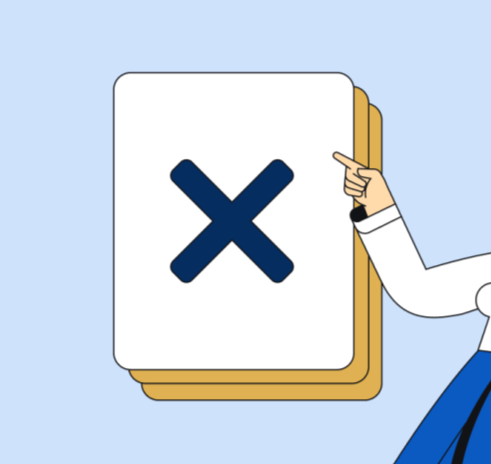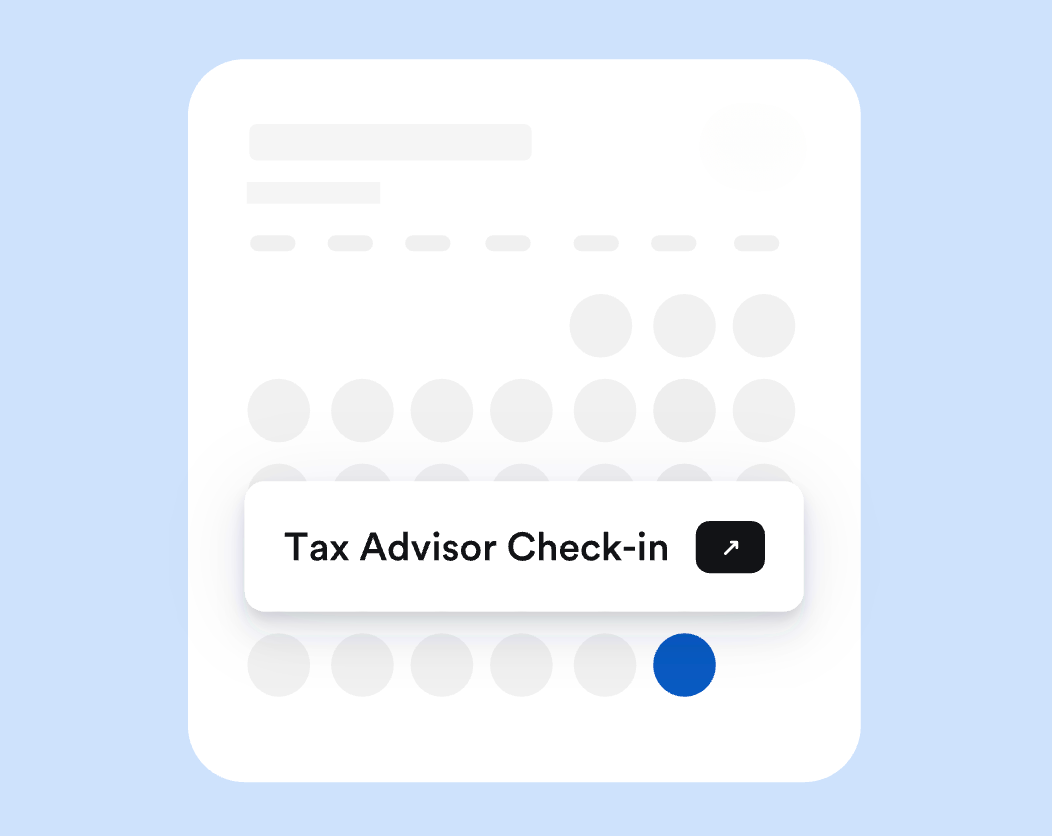What's the Penalty for Filing Taxes Late?
If you haven't caught up on your bookkeeping, the annual income tax deadline may feel like it's approaching at lightning speed.
What is the penalty if I fail to file?
If you fail to file your taxes by the deadline, you may face penalties imposed by the CRA. The penalty for filing taxes late, also known as the failure to file penalty, is a consequence of not submitting your tax return on time. It’s important to note that this penalty applies even if you owe no taxes or are due a refund. The CRA penalty for not paying taxes on time is separate from the late filing penalty and is assessed if you fail to pay the taxes owed by the deadline. Both penalties can add up and create financial burdens if left unresolved.
Years behind on tax filing? Numinor can get you caught up and in the clear with the CRA.
If your business is behind on taxes and bookkeeping, Numinor can help you reduce your tax liability. Our specialized team will get you caught up and ready to file back taxes.
What is the penalty for filing taxes late?
Let’s say you missed the filing date for your federal tax return. You owe the CRA money, and you’re panicking just a bit. Your first step is to take a deep breath and think calmly. Late tax filings happen, and you can set things to rights again—although you will have to pay certain penalties or fees.
There are two possible penalties in this situation: a late filing penalty and a late payment penalty.
The amount of these penalties will be determined by how much you owe the CRA and how late your tax filing is. It stands to reason that the more you owe and the later the filing, the more expensive the penalty might be.
The CRA penalty for not filing your tax return is 5% of the unpaid taxes for each month your taxes remain unpaid.
The CRA penalty for not paying your business taxes on time is 1% of the unpaid tax amount every month, for a maximum of 12 months.
The corporation will be charged an even larger penalty if the CRA issued a demand to file the return and assessed a failure to file penalty for the corporation in any of the three previous tax years. The penalty is 10% of the unpaid tax when the return was due, plus 2% of this unpaid tax for each complete month that the return is late, up to a maximum of 20 months.
When are taxes due?
The buzz about tax season starts right after the first of the year, but your tax deadline depends on what type of business entity you operate. Tax returns for are due June 30, each year, if you run a sole proprietorship. It’s important to note that this is the income tax due date for the paperwork—not the payment you might owe. The CRA will want its tax payment from you by April, regardless of paperwork extensions.
For Corporations, file your return within six months of the end of each tax year. The tax year of a corporation is its fiscal period. For example, if your tax year ends March 31st, your filing due date is September 30th.
How you can avoid or minimize penalties
You can skip all CRA late-filing and late-payment penalties completely by filing and paying your tax balance due on time. Of course, we all know that life can get in the way sometimes.
If you’re doing your best to catch up, and you just didn’t get there before the deadline, consider these ways to minimize your tax penalties.
File your taxes even if you can’t pay them yet. The penalty for missing federal tax filing is larger than the penalty for missing the payment. File your income tax return with the CRA and avoid the larger of the two penalties. There are many ways to sort out how to pay your taxes.
Get help to file as quickly as possible. If you missed the deadline, penalties are creeping up every month. File late taxes as soon as possible, even if it means paying for help from a tax professional to sort out the numbers and get your tax forms prepared. The cost of bookkeeping and working with a tax agent may be far less than the increasing penalties for leaving your business income taxes unpaid.
However, a word of warning about trying to file as quickly as possible: it’s important to file your taxes as close to the deadline as you can, but it is just as important to file your taxes correctly.
Making a mistake in your tax preparation not only can cost you more in tax payments, but mistakes on tax forms are also one of the most common CRA audit triggers. If you’re already dealing with cleaning up a late filing and payment, you sure don’t want to handle an CRA audit on top of that.
Remember that cleaning up your tax bill with the CRA and sorting out those penalties applies only at the federal level. You still have a state tax obligation to sort out as well.
The bottom line
Unpaid tax and unfiled tax forms can be costly, so it’s best to file taxes as soon as possible. Whatever reason you had for missing the due date, you can’t go backward. Instead, focus on the future and what you can control today. It’s always worthwhile to spend the time and effort to file your tax return on time every year—and having accurate bookkeeping reduces the amount of both time, and effort you need to put in



